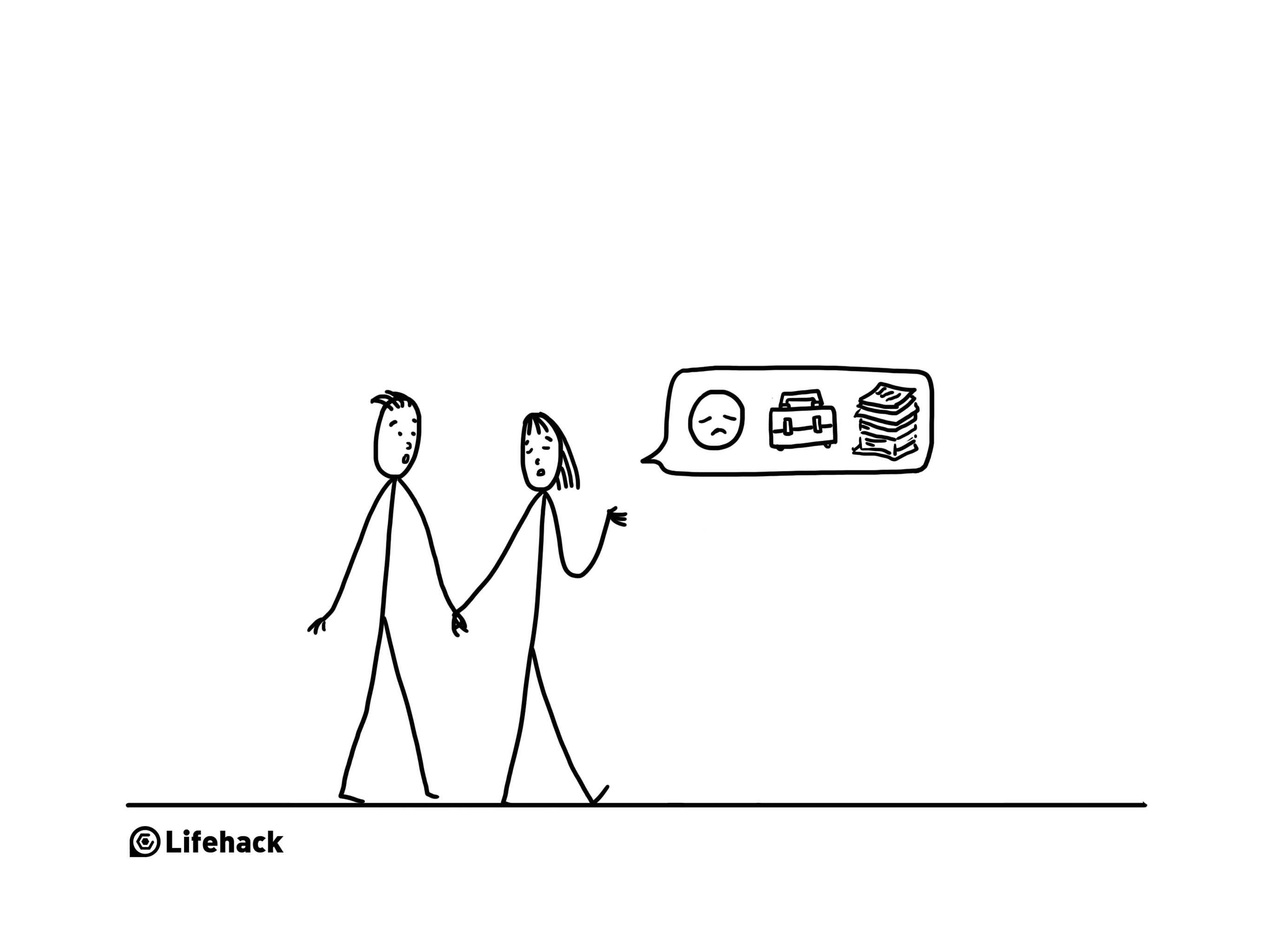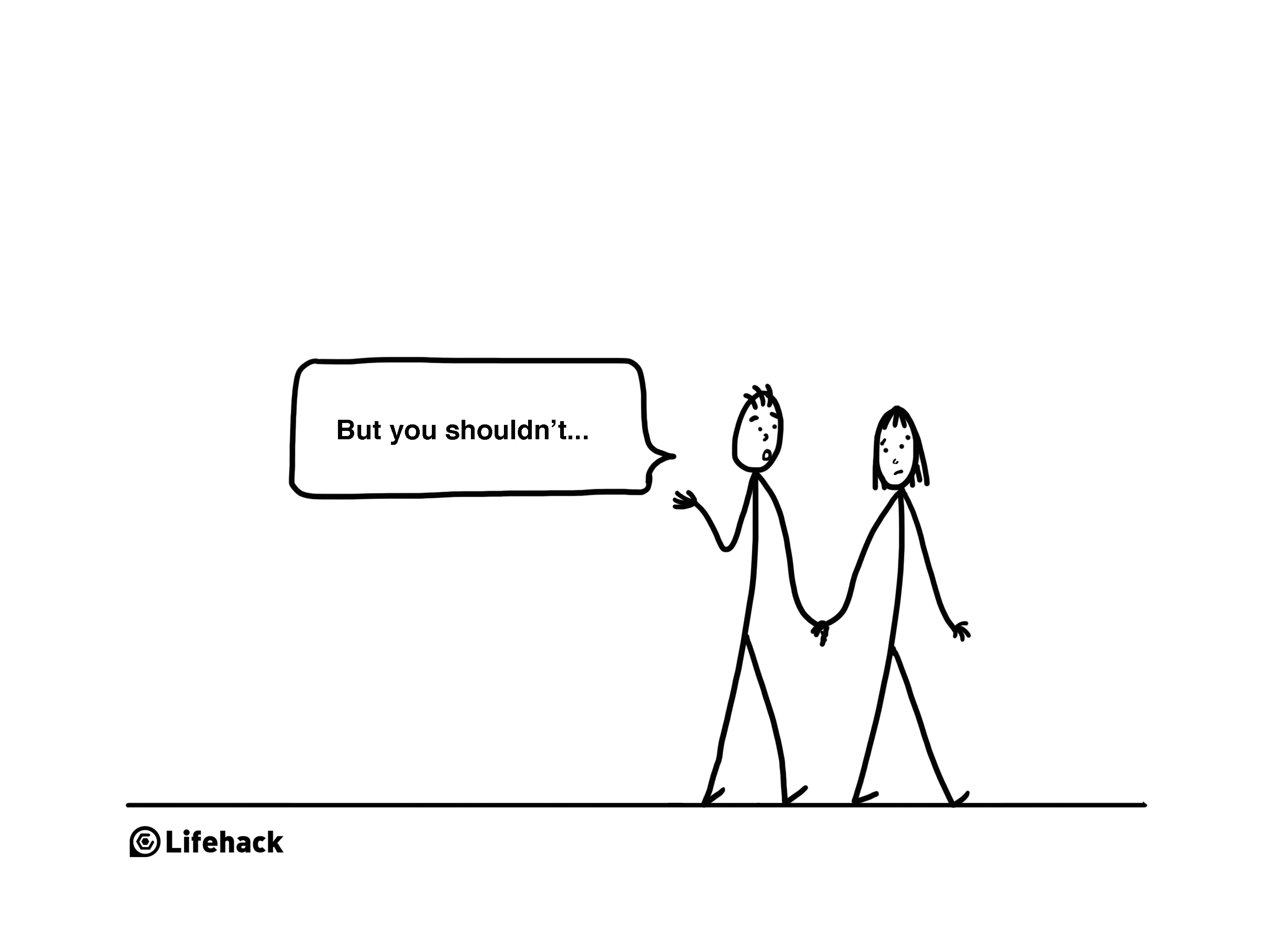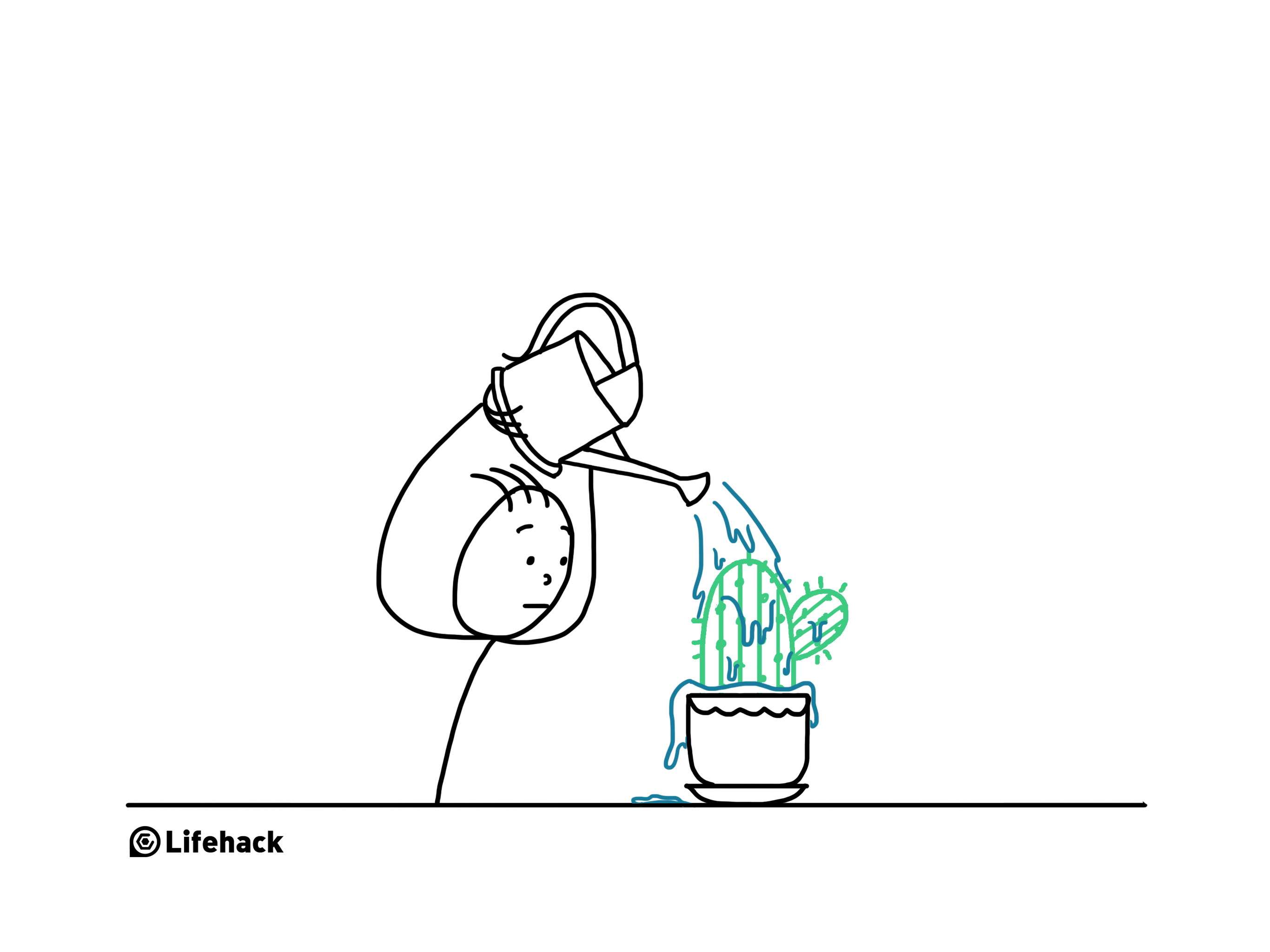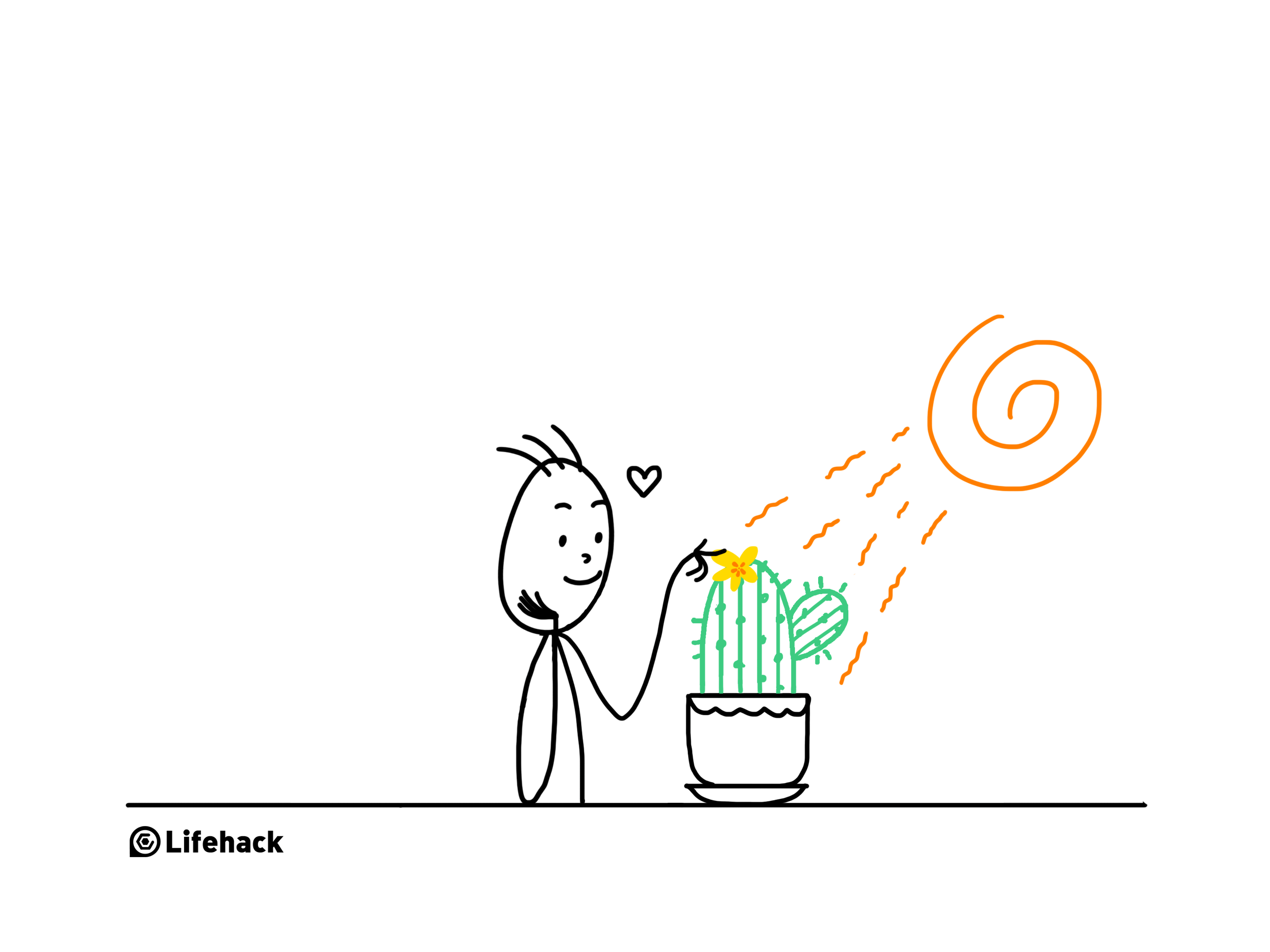“Don’t be upset.” “You shouldn’t worry so much.”
All of these statements are seemingly harmless and are meant to be helpful. But unfortunately, they are not either of those things. In fact, these statements could be construed as dismissive or insensitive. When your partner is already experiencing a period of doubt, the lack of support from you could lead them to even question your feelings for them.
Sharing a problem is sharing a piece of mind
When a person gets more intimate with someone, they are more willing to share their inner thoughts with them. They won’t just share how they feel with anyone because it’s only this “someone” that they can trust.
So when your partner is sharing their issues with you, they are making themselves vulnerable. When they share things like “I’ve had a tough day at work, my boss kept assigning me tasks even though I already had a lot on my plate,” or “I tried to help our neighbor out for her housework because she’s sick, and now I’m just exhausted,” they’re not looking for a solution. They just want to vent to someone who will listen and try to understand.
Wanting to fix a problem is natural
Instinctively, when someone shares with you about their bad day, it’s human nature to want to help out, especially someone that you hold near and dear. By offering help and support, you are by no means intending to be offensive.
You may say things like “you shouldn’t worry so much,” or “from now on I will handle it,” or “but you shouldn’t feel that way, you should just…”
But sadness doesn’t need to be fixed
This sort of problem does not require a solution on your part. They’re not asking you for one. And saying things like, “don’t worry about it,” is rude and dismissive. This is offering unsolicited advice when your opinion was never asked for to begin with.
Your well intended advice could make them feel belittled, which will make them feel even worse because they are not receiving the support they need. This misleads them to think that you don’t care about their feelings, and you don’t try to understand them.
Think about your partners issues like metaphorical houseplant. Plants need to be watered. But they don’t need water all of the time. Trying to be helpful because you think you know what it needs, you over-water the plant. You think you’re doing a good thing, but the plant doesn’t actually need more water.
The disclosure of their problem was not an invitation for you to try to solve them. It needs to be expressed and processed.
Sometimes plants need water, but at other times they just need some sun. Sometimes people need advice, but at other times all that they really need is for you to listen and show that you are trying to understand. So instead of “over-watering your plant”, place it under the sun to give it the nourishment it needs.
Purge the urge, be the rock
When you are someone’s rock, you offer support simply just by being there. The rock doesn’t offer advice. The rock offers a place to rest until they are strong enough to continue on.
If there is no invitation to give advice, don’t. Chances are your partner doesn’t actually want it. If they did, they would have asked for it. Especially if your “helpful” advice entails what they should or shouldn’t do, how they should or shouldn’t feel.
Sometimes things that you say with good intentions can be received negatively, ultimately making things worse. There are a few things that you can do to demonstrate active listening and to just simply be there for your partner.
- Give reassurance through body language. Just listen. Keep eye contact and nod reassuringly as they are stating their points. This shows that you are intently listening, which is all that they really want.
- Validate their feelings. Instead of saying, “I know exactly how you feel, it’s hard.” Say, “I can never understand how you feel, but I can see that it’s very hard for you.” This way you are validating their feelings without being belittling or condescending.
- Show your consideration. Process everything that they have said to you and reiterate it in a way that shows understanding. Instead of saying, “you are under a lot of stress,” say,” you have a lot on your plate. The last thing you need it even more. I can see how this is very stressful for you.”
Lend an ear. Listen. Let them process through their issues by talking through it. Just simply letting it out might make them feel better.
















































